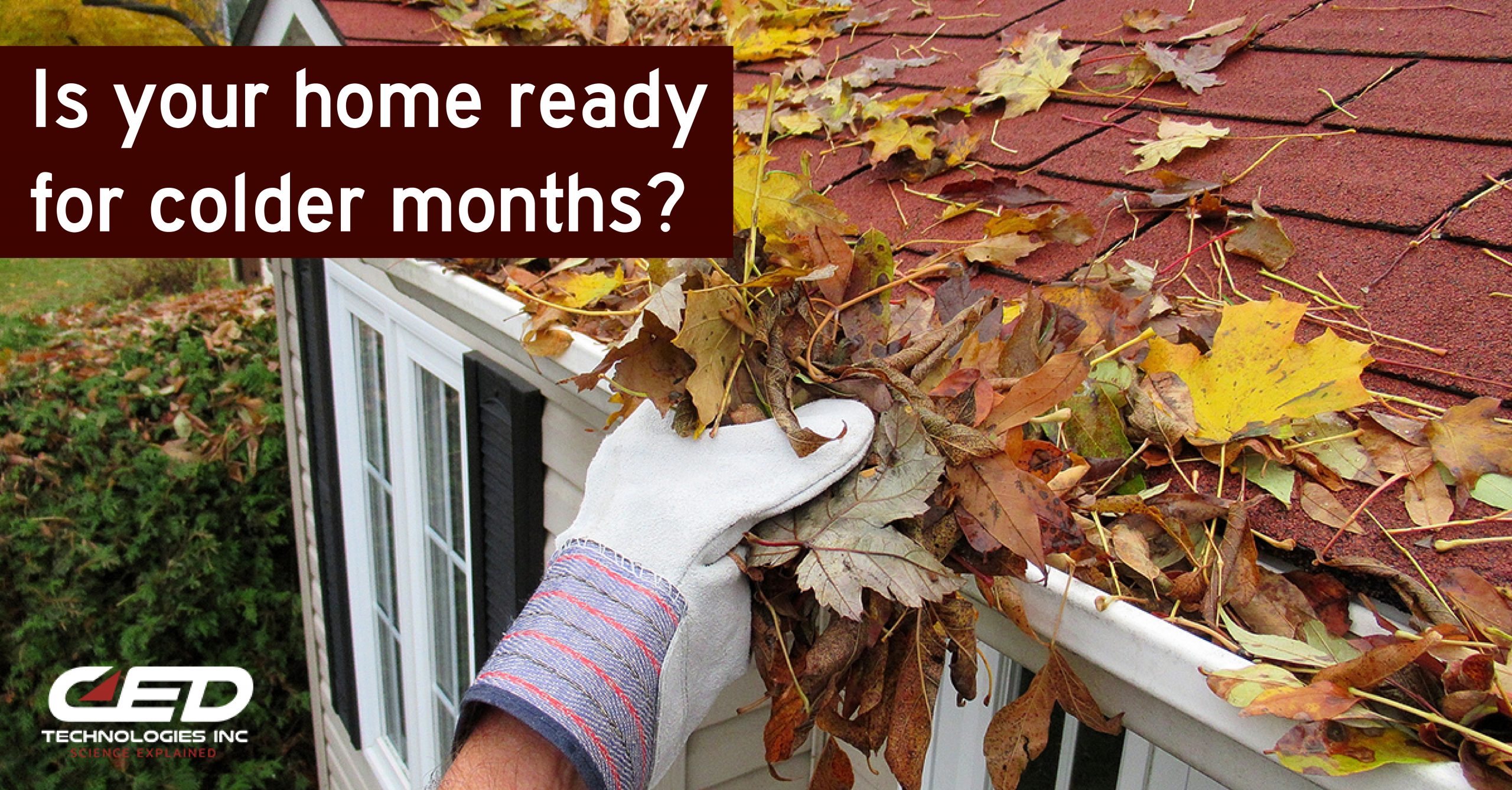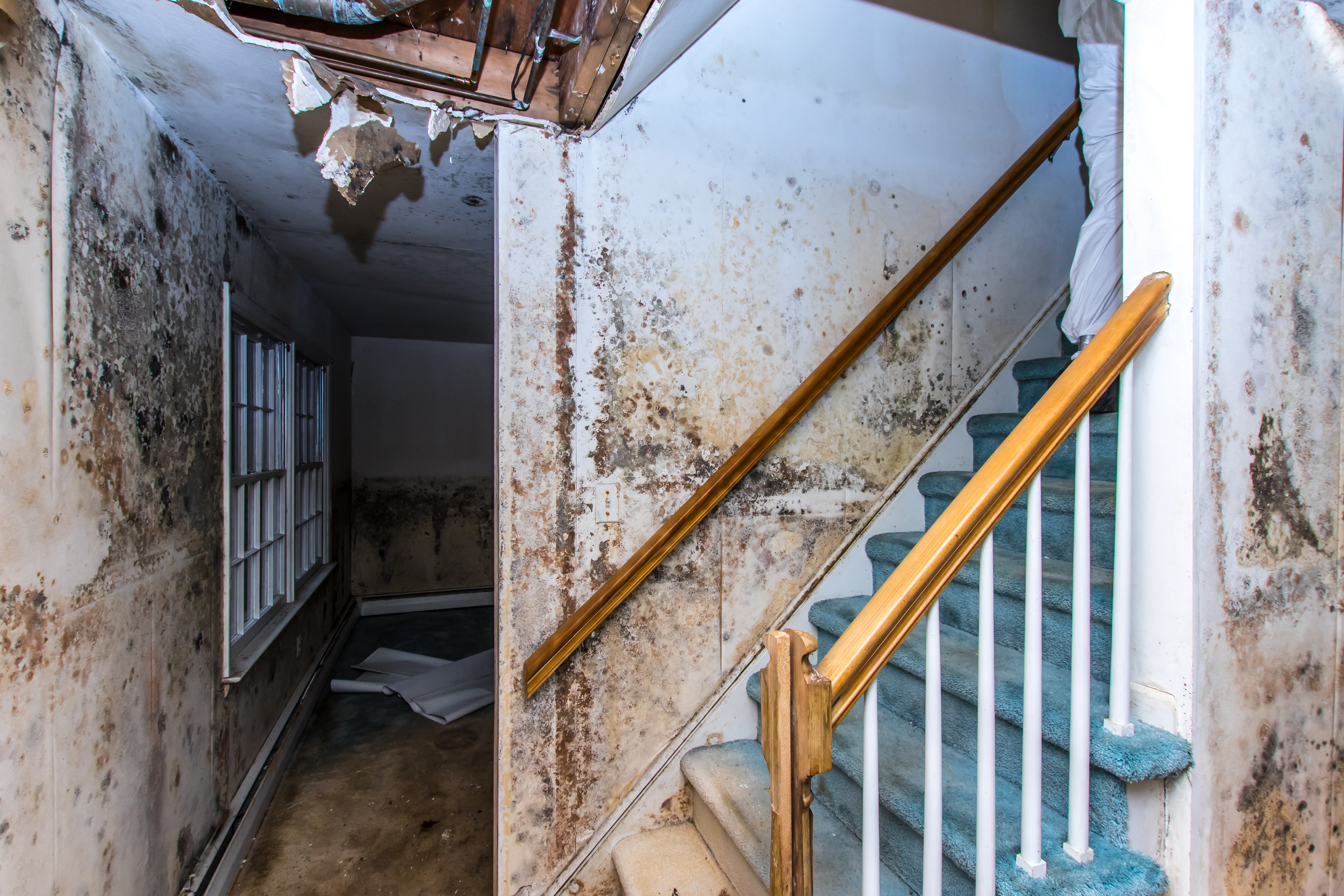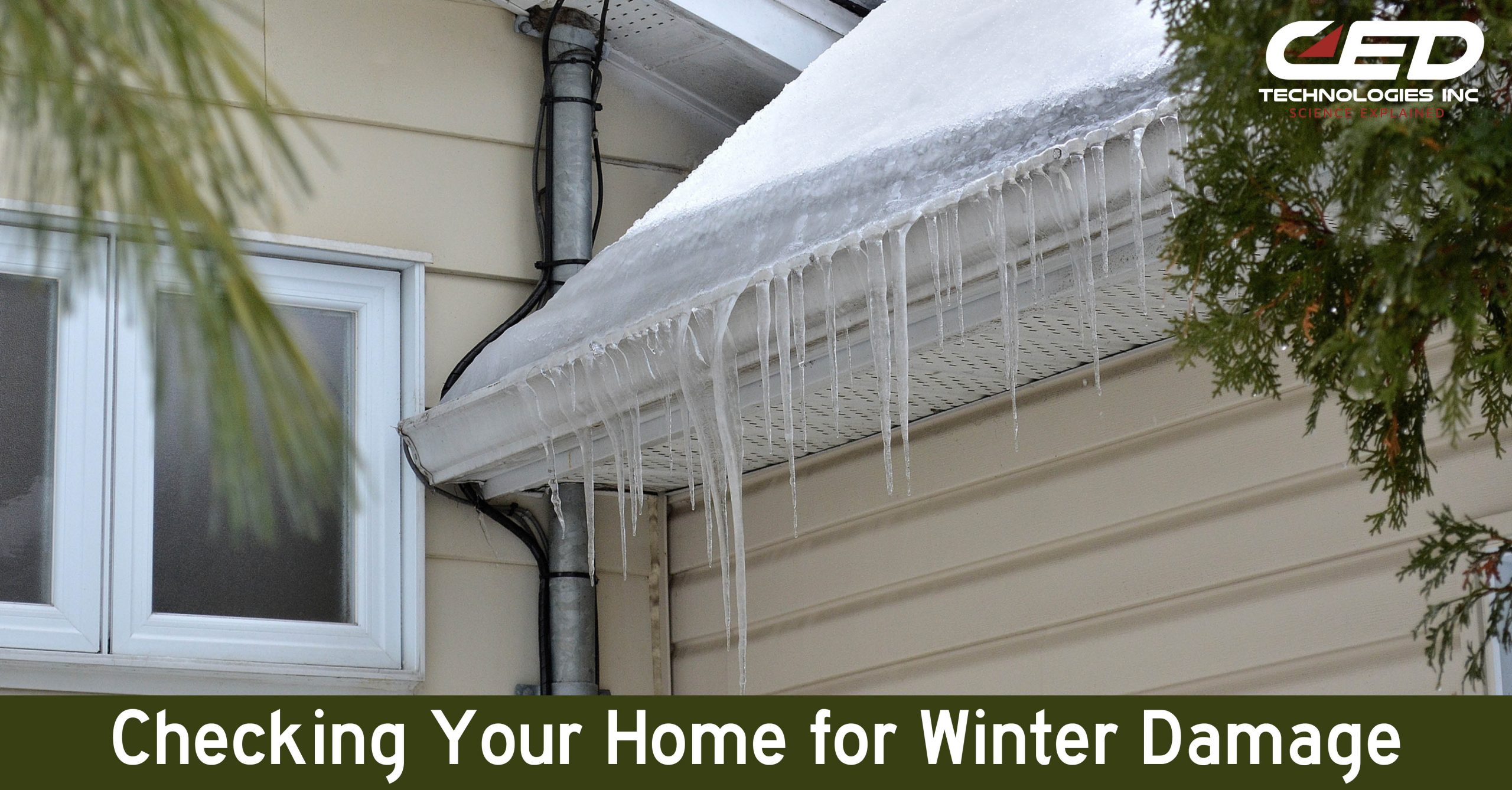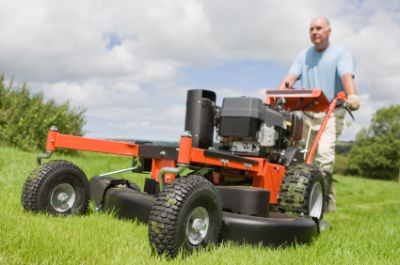The weather is cooling, leaves are starting to change, and days are getting shorter. The seasonal change creates a new list of upkeep items that homeowners should tackle. From falling leaves clogging gutters to servicing heating systems, there precautionary steps to take before the colder months settle in.
Here’s a list of steps homeowners can take to improve the safety of their home and avoid unnecessary damage during the winter season:
Clear the leaves.
- A thick bed of leaves on your grass could smother your lawn and lead to mold growth.
- Keep a light layer under shrubs and trees to provide a natural mulch and protect roots through the winter.
- Reconsider raking your leaves. Researchers at Michigan State University found that simply mowing over leaves once a week breaks them down and provides nutritional benefits.
Clean and maintain gutters.
- After the majority of the leaves have fallen, you should clean out your gutters.
- Call a professional company to get your gutters cleaned and inspected.
- If you choose to do it yourself, follow these ladder safety tips.
- Ensure all down spouts direct water away from your home.
Service your heating and air conditioning systems.
- Inspect the HVAC unit and ductwork, replace air filters, and open heating vents.
- Boilers, radiators, and furnaces should be checked by a licensed professional.
- Window AC units can stay in year-round if sealed with no gaps. Cover the inside and the outside of the appliance to protect them from the elements and to prevent drafts.
- We’ve shared articles on maintaining window air conditioning units and the dangers of carbon monoxide poisoning.
Protect outside pipes against freezing.
- Drain and shut off your outdoor faucets. Disconnect hoses and store them for winter.
- If you have underground sprinklers, shut off the water and drain your system.
Complete a safety check.
- Call a chimney sweep to clean and inspect the chimney.
- Change the batteries in your smoke and carbon monoxide detectors.
- Have your dryer vent inspected and cleaned annually. Clothes dryers cause 2,900 fires a year, many in the fall and winter, according to the U. S. Fire Administration.
CED’s team of engineers are experienced at working with insurance claim adjusters on damage to homes and premises liability. Many claims around the home, like frozen pipes that burst or ice dams in roofs from damaged gutters, can be avoided with proper maintenance. Preventative steps help homeowners avoid damage and mitigate potential claims.
Click Here To See Our Full List of Experts Click Here To Submit an Inquiry about a possible Claim or Case.






